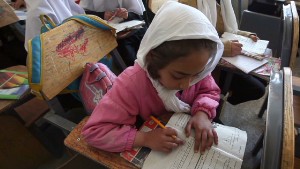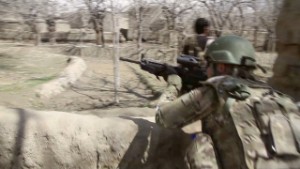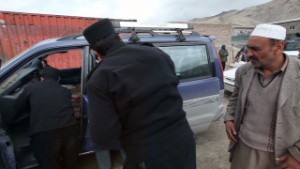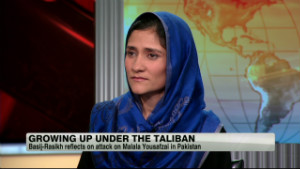
Sold: The former Juicylicious shop remains a juice bar but with a new name. Photo: Wolter Peeters
A shopkeeper was allegedly extorted, threatened, firebombed, bashed and eventually forced to sell his Bankstown juice bar for a pittance because a gang of Sunni Muslims suspected he supported Syrian President Bashar al-Assad.
In a glimpse of how far tensions in Syria can affect life more than 14,000 kilometres away, Ali Issawi was subjected to a two-week campaign of threats and violence when his business was placed on a ''boycott tyranny'' list on Facebook.
Court documents reveal the steps a group of men from the radical Al-Risalah Islamic bookstore in Bankstown took to ''protect their faith'' and support the rebel uprising against President Assad.

For a pittance: The Bankstown shop. Photo: Wolter Peeters
A month after spending almost $80,000 to open Juicylicious on Restwell Street in February last year, Mr Issawi discovered his business and dozens of others had been placed on a boycott list because they were owned by Shiite Muslims who supposedly supported the Assad regime.
Wisam Haddad, the owner of Al-Risalah next door, and an unknown male came into Juicylicious one afternoon and said to Mr Issawi: ''If we find out anyone in the area supports Bashar al-Assad we are going to crush them down with our feet,'' according to court documents.
He was asked by another man, Jalal Mariam, to hand over his business or face firebombings and drive-by shootings. ''You will not last here,'' Mr Mariam allegedly told Mr Issawi.
Mr Haddad demanded Mr Issawi donate money to Syria, via the bookstore, to prove he was not an Assad supporter but he did not do so. A few days later, the violence began.
An unknown man walked out of the bookstore, pulled out a black firearm, pointed it at Mr Issawi and motioned a firing action three times before walking back inside the store, court documents state.
Three hours later, the accused Hyde Park rioter Ahmed Elomar led an attack on Mr Issawi and three of his friends.
As Elomar stood at the front of the juice bar shouting ''what the f--k are you looking at?'' Twenty men emerged from a roller door at the bookstore and set upon them.
Mr Elomar held Mr Issawi by the throat and said, ''Are you the owner of the shop? We are going to burn it down.''
Another said: ''We are going to slaughter your necks, all of you, one at a time.''
Next morning, Mr Elomar threw a firecracker into the store. He has been convicted of two counts of assault and one of affray and sentenced to a year in prison.
Mr Issawi was so terrified that he closed his shop and only returned once at 2am to collect his belongings. Eventually he caved in to demands and met with four of the men at Centro Bankstown to exchange ownership of the juice bar. He was allegedly duped into selling it for just $10,000.
''Ali Issawi stated that he felt helpless and too scared to offer any resistance and just wished to leave the meeting alive and with some small amount of money,'' court documents state.
Three of the men at the meeting, Jalal Mariam, Ahmed Hawchar and Abdul Hawchar, have been charged with extortion.
Mr Issawi was unable to be contacted and the Al-Risalah shop did not return Fairfax Media's calls. His terrifying encounter is one of several incidents of Syria-inspired violence across Sydney.
A Rockdale chicken shop owned by a Shiite Muslim was fire-bombed before it was due to be opened last year. In February 2012, Ali Ibrahim was shot in an attack he believed was linked to his support for the Assad regime.
Read more: http://www.smh.com.au/nsw/juice-bar-owner-suspected-of-backing-assad-forced-to-sell-20130429-2ios0.html#ixzz2RvcfqtaX










